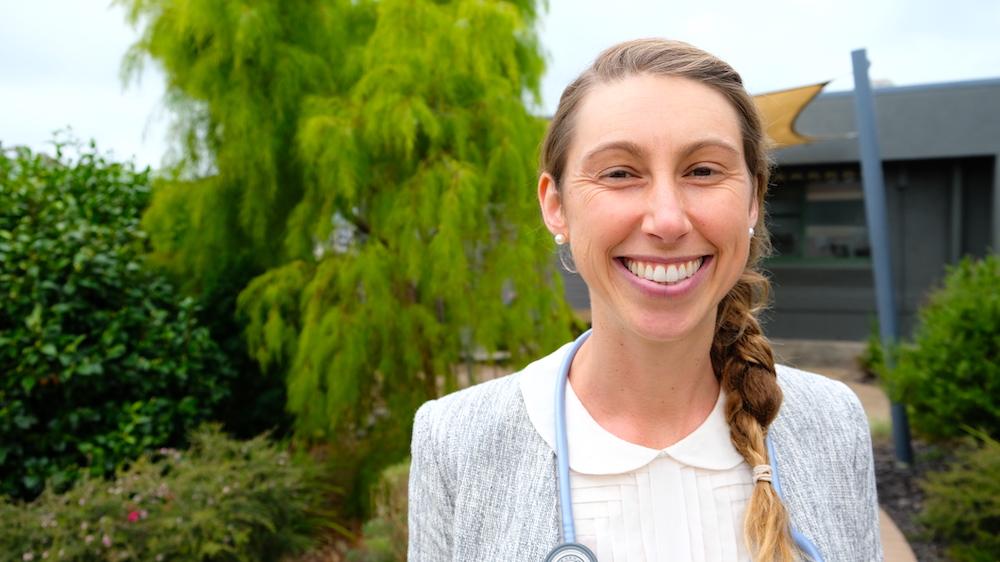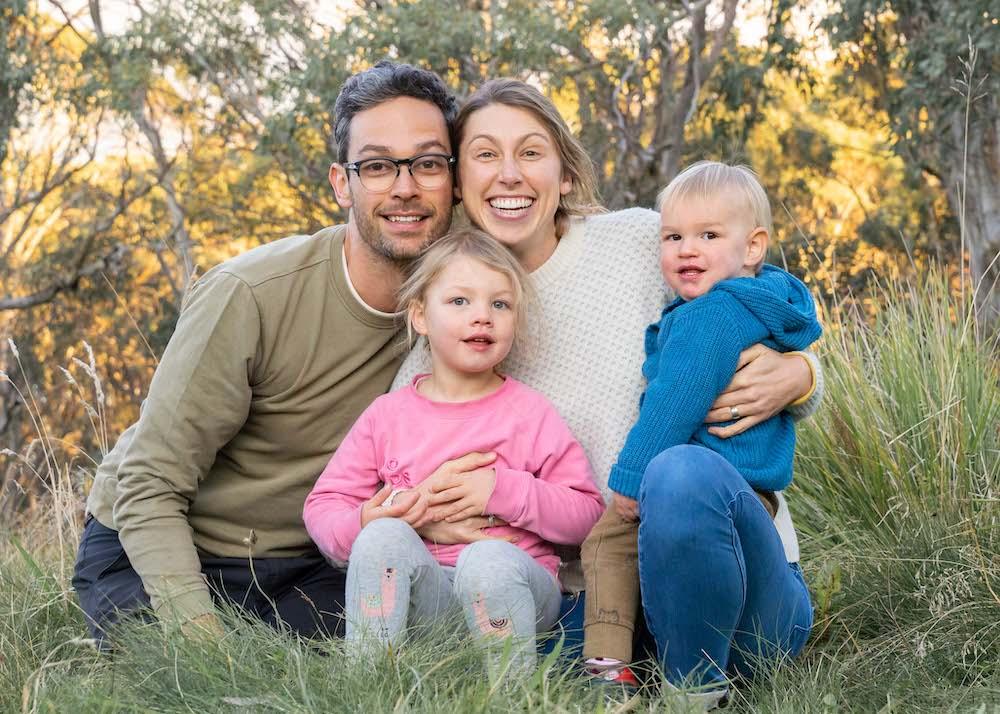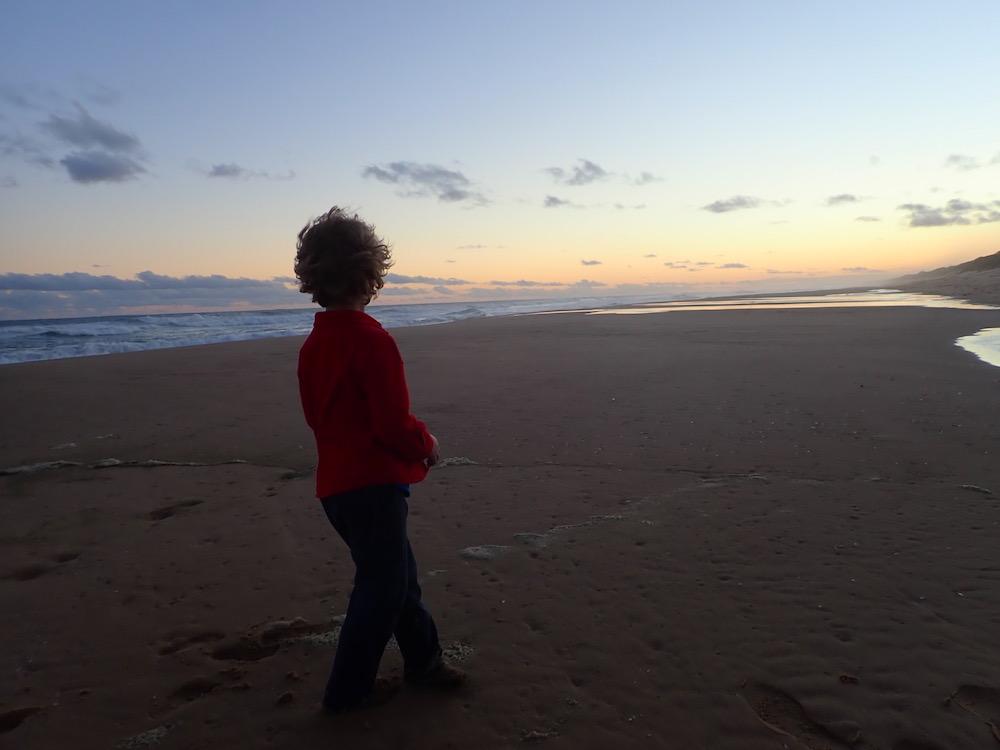
The shortage of doctors in rural communities all over Australia is a decades-old problem for which, unfortunately, no one has yet invented a magic cure.
Despite a number of requirements and incentives designed to push more local and overseas doctors to rural areas, a study by the Australian Institute of Health and Welfare in 2020 found that around 20 percent of Australia’s rural population were unable to see a GP due to none being close by.
And almost 60 percent said they had no access to specialists in their region.
Orbost is not alone in feeling the pain of not having enough permanent, long-serving GPs in the area.
Every week, and from every state, the media reports on yet another regional community suffering from the same problem.
"Finding new and innovative ways to secure long-term GPs for the service is constantly a top priority." - Vicki Farthing, CEO Orbost Regional Health
In Victoria, the latest data shows there are 409 clinicians for every 100,000 people in Melbourne, but outside Melbourne it is as low as 150 per 100,000 in some areas.
The problem is not just about a city/country divide.
In one study, more than 55 per cent of rural kids wanted to work in the country when they started at a city medical school, but that reduced to fewer than 10 per cent by the end of their study.
Says Orbost Regional Health CEO Vicki Farthing, finding new and innovative ways to secure long-term GPs for the service is constantly a top priority.
“Although we are very proud of the fact that, day in and day out, we provide excellent health care to this community, we also hear loud and clear that a lot of locals want more consistency and more options for local doctors,” she said.
++
So, in the interests of learning more about what makes it hard to recruit and keep GPs in rural areas, we chatted with Dr Janie Maxwell, to ask her about what drew her to stay on as a GP in East Gippsland, and what factors are at play in how long she and her family stay.
“Family is a big one, for me,” Dr Maxwell said. “Most of my family is in Melbourne. My sister is about to have a baby, and I would like our families to be a part of each others’ lives so I am not sure how long we can be this far away.”
“We have also come to appreciate how hard it can be not having family support nearby,” she said. “You know, when the kids get a cough, my husband or I have to cancel patients or meetings for work to look after them. It is stressful as patients have often waited weeks to get in to see me, and there just isn’t the capacity to reallocate patients unless we have a locum.’’

Dr Maxwell and her husband have two children, aged 3 and 1, who attend kinder and childcare in Orbost.
“When we were considering staying, I went to visit the Orbost Kinder and early learning centre and was really impressed,” she said. “They are beautiful places and the educators welcome the kids like their own; it feels like an extension of the broader community. Our kids are flourishing and that makes it all feel so much easier.”
But Dr Maxwell is conscious that, in rural communities, there are usually fewer schooling choices as children get older.
“I think that would be a big factor for other doctors who have families,” she said.
Dr Maxwell originally came to Orbost as a locum in 2021.
Expecting a stay of 3 weeks, she ended up staying 3 months.
It was a growing sense of the enormous need for GPs in this area, and the complexity of rural general practice, that interrupted her plans to move on.
“I had done a lot of rural and remote medical work before having kids,” Dr Maxwell said. “We love being around nature, and we were planning to move to the Surf Coast like the rest of Melbourne.”
"When we arrived in Marlo last year it didn’t take long to feel like the right place to be. We love sharing life with people who are kind, and share a love of living near the ocean, river, mountains and bush.”
“I was offered a job at a terrific clinic down in Anglesea, with a wonderful group of GPs all working together, sharing ideas and best practice. But they didn’t have as big a workforce need as Orbost. And to try living in East Gippsland while the kids were little, in a place we already knew and loved, felt like too good an opportunity to miss.”
Dr Maxwell said the COVID pandemic had inadvertently helped her family be able to stay longer in Orbost.
“My husband works as a federal public servant and because of the pandemic he has been permitted to work from home for the short term,” she said. “He goes to Melbourne or Canberra once a month for a week. I think work opportunities for doctors’ partners is a big factor in long term recruitment for rural GPs. Hopefully COVID creates a lasting opportunity there.”
When Dr Maxwell talks about Marlo, their home there and the little community they’ve become a part of, her face lights up.
You can tell she loves the place.
“We have been really taken by the warmth of the community and the pristine and diverse nature,” she said. “We had always planned to move out of the city, and when we arrived in Marlo last year it didn’t take long to feel like the right place to be. We love sharing life with people who are kind, and share a love of living near the ocean, river, mountains and bush.”

Cape Conran - one of many stunning natural places in the Orbost region.
But professionally, she says, she feels isolated.
“I do wish there were more opportunities to work alongside other doctors, both in Orbost and in the broader region. It can be pretty isolating as a professional if you can’t chat to a colleague about the work day, patients or your ideas for the practice. I think it would be really hard in the long term.”
Being new to the area, Dr Maxwell said that several GPs, the Bairnsdale and Orbost health services, and the Gippsland Public Health Unit have made special efforts to make it easier.
“Locally, ORH found us a beautiful place to live, have been happy for me to work part time with young kids, and are continuing to work hard to recruit doctors and nurses for the clinic,” she said. “In Lakes and Bairnsdale, lovely GPs have gone out of their way to offer their welcome and support, sharing valuable knowledge about referral pathways and life as a GP out here.”
“Irrespective of how long we stay, if I can create just a few things that, in the future, make it easier for doctors to stay here for longer, then that would be great.”
Life as a rural GP isn’t easy, but it has many rewards, Dr Maxwell says.
“When I am booked up for weeks and people come in with several issues, or are really sick and complicated, and I only have 15 minutes, it can be really stressful,” she said. “To cover off on lots of things quickly, safely and well can be hard. It often means I run late for patients and the days are very demanding.”
“But it is an incredibly rewarding job. There is a lot of scope to make a difference and almost every patient is really grateful. I feel really privileged to be supporting the community and doing the best job I can. While the lack of access to specialist services makes it challenging, it can be satisfying to work hard to fill the gap.”
Dr Maxwell has been trying to do a few things to make it easier for GPs to come, and to come back, to Orbost.
She has started a monthly clinical discussion meeting, is writing a GP locum referral handbook, and supervises Monash University medical students at the clinic each day.
“Having the medical students is really important for the clinic,” Dr Maxwell said. “It helps connect Orbost with the broader medical community, offers patients extra time talking through their health, and builds a quorum of medical people in the clinic.”
“Irrespective of how long we stay, if I can create just a few things that, in the future, make it easier for doctors to stay here for longer, then that would be great.”
Orbost Regional Health is seeking ideas from the community as to what we, as a community, can do to encourage doctors to relocate to this area.
Stay tuned for more about that in the coming weeks.